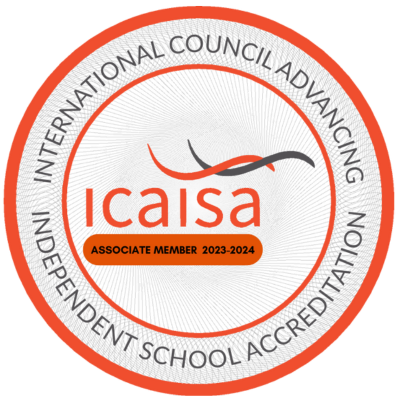|

Dear K-12 Educators,
A few seats remain for the two upcoming workshops in NCABR's Rx for Science Literacy series this spring. Registration is FREE. If the workshop is full, please place your name on the waitlist.
From Mendelian Inheritance to Polygenic Traits
Tuesday, March 19, 2024
National Institute of Environmental Health Sciences (NIEHS)
8:15 a.m. – 4:15 p.m.
Rx for Science Literacy is partnering with the National Institute of Environmental Health Sciences (NIEHS) to present From Mendelian Inheritance to Polygenic Traits, a one-day in-person workshop for educators, hosted at NIEHS in Research Triangle Park, N.C.
About the Workshop: With our increased understanding of the regions of the human genome that are associated with disease, and with advances in analyzing complicated genomic data, scientists are learning more and more about the genetic components of many of the most pervasive health conditions of our time. Scientific advances are showing that conditions such as cancer, heart disease and diabetes are due to the effects of multiple genes and not just one gene.
This workshop will provide information about polygenic traits, which are traits that are influenced by multiple genes instead of just one (e.g., height, skin color). Because multiple genes are involved, polygenic traits do not follow Mendel’s pattern of inheritance. Additionally, they often show continuous variation within populations. Many polygenic traits also are influenced by the environment. Scientists are studying these conditions and are realizing that the ways that we predict risks for polygenic traits have tremendous potential for improving human health.
Workshop attendees will receive a free copy of and instruction on how to use the National Institutes of Health’s Human Genetic Variation curriculum. Attendees also will hear from NIEHS scientists about research in this field. All instruction will align with the 2023-adopted North Carolina science standards for biology.
About the Curriculum: NIH developed the Human Genetic Variation curriculum with the National Human Genome Research Institute for students in grades 9-12. The curriculum has two central objectives: 1) To introduce students to the major concepts related to human genetic variation; 2) To convey to students the relationship between basic biomedical research and the improvement of personal and public health. The knowledge that scientists gained as they sequenced the human genome is changing the practice of medicine, and it is vital that citizens recognize these changes and are prepared to deal with them. Being prepared involves understanding the basic science that underlies new medical practices and therapies and recognizing the complex issues and questions that some of these procedures and therapies raise. Thus, students will have the chance to think about how the detailed analysis of human genetic variation is already changing their lives.
Register Now →
Using Technology to Study Cellular and Molecular Biology
Virtual Workshop
Tuesday, April 16, 2024
National Institute of Environmental Health Sciences (NIEHS)
8:15 a.m. – 4:15 p.m.
Rx for Science Literacy is partnering with the National Institute of Environmental Health Sciences (NIEHS) to present Using Technology to Study Cellular and Molecular Biology, a one-day virtual workshop for educators.
About the Workshop: This workshop will feature an overview of the National Institute of Health’s Using Technology to Study Cellular and Molecular Biology curriculum, and it will feature presentations by NIEHS researchers about the technology involved in the study of SARS-CoV-2 and the human genome. All instruction will align with the 2023-adopted North Carolina science standards for biology.
NOTE: This virtual workshop will be offered live and will not be available as a recording after the program is over. To receive continuing education credits for the program and to receive a copy of the curriculum manual in the mail after the workshop, all participants will be expected to participate in the entire workshop from 8:15 a.m. to 4:15 p.m., and they will be required to submit an online program evaluation.
About the Curriculum: NIH developed the Using Technology to Study Cellular and Molecular Biology curriculum for students in grades 9-12. The curriculum addresses the major public preconceptions of science and technology, and it addresses scale and resolution, technology and origins of molecular biology, and techniques in the study of cellular and molecular biology, including microscopy, X-ray crystallography, laser technology, simulations and computations.
Register Now →
At Rx for Science Literacy workshops, educators hear from scientists about their latest research advances and receive free curriculum materials. Attendees also receive:
- 1 unit of certification renewal credit for North Carolina-certified educators (4 hours of additional work required)
- Substitute teacher support (up to $80) for N.C. educators only
|









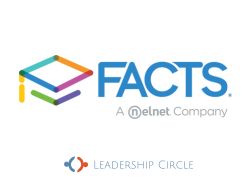

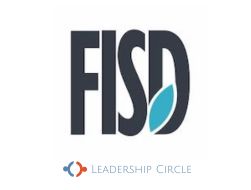

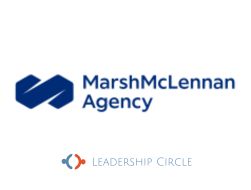




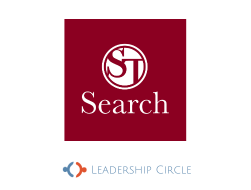


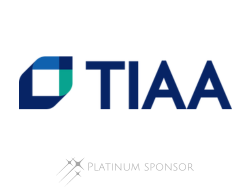
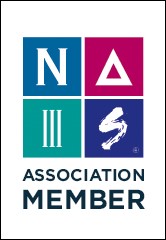 .
. 
